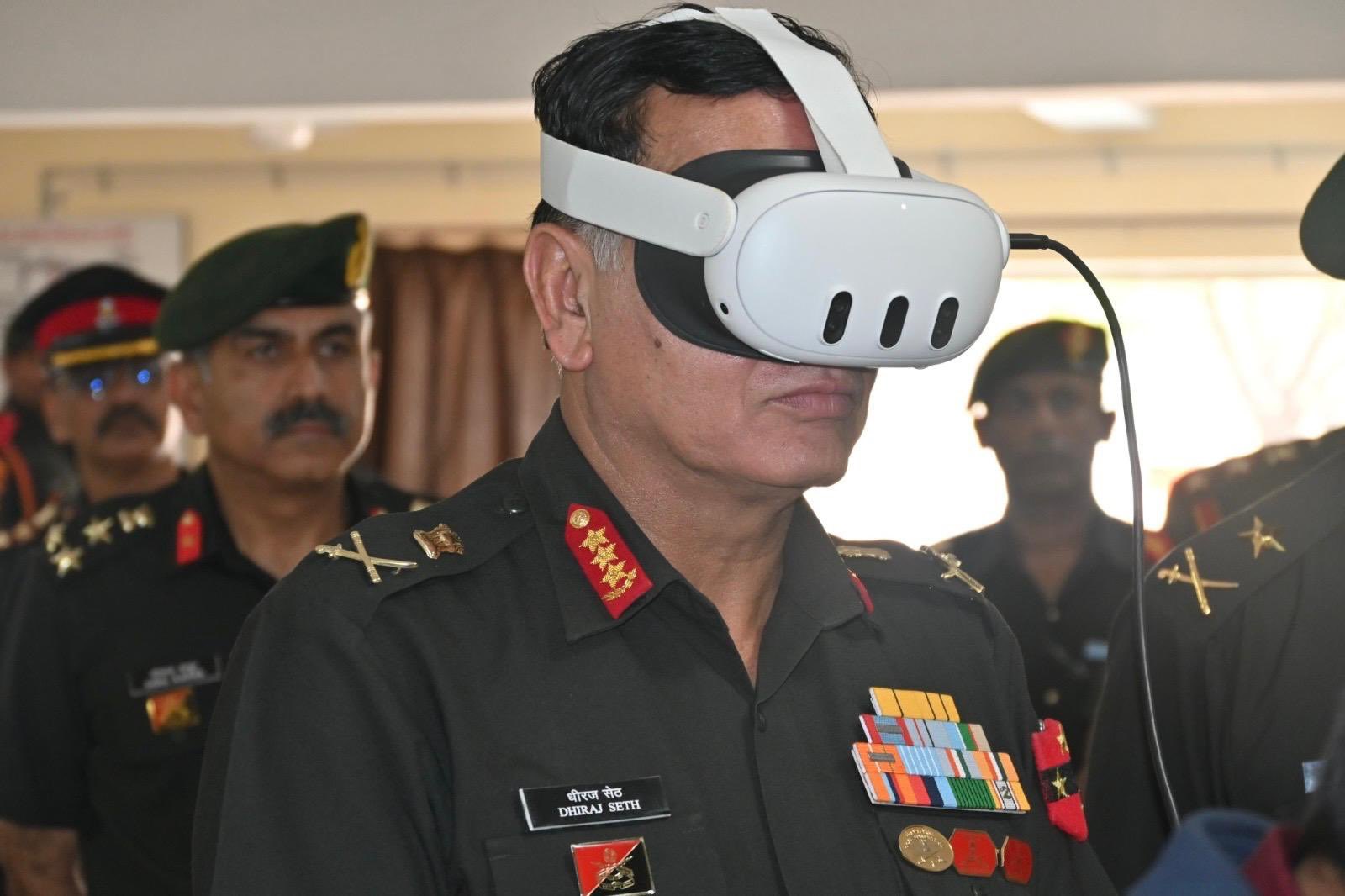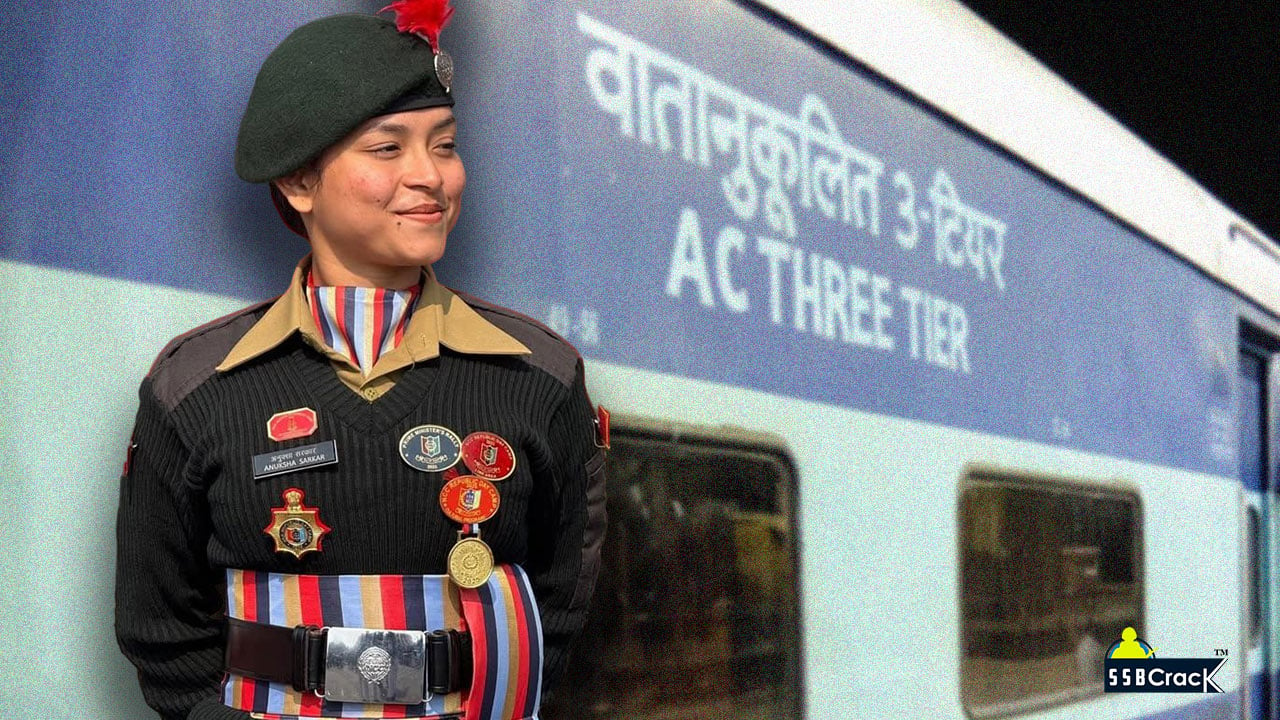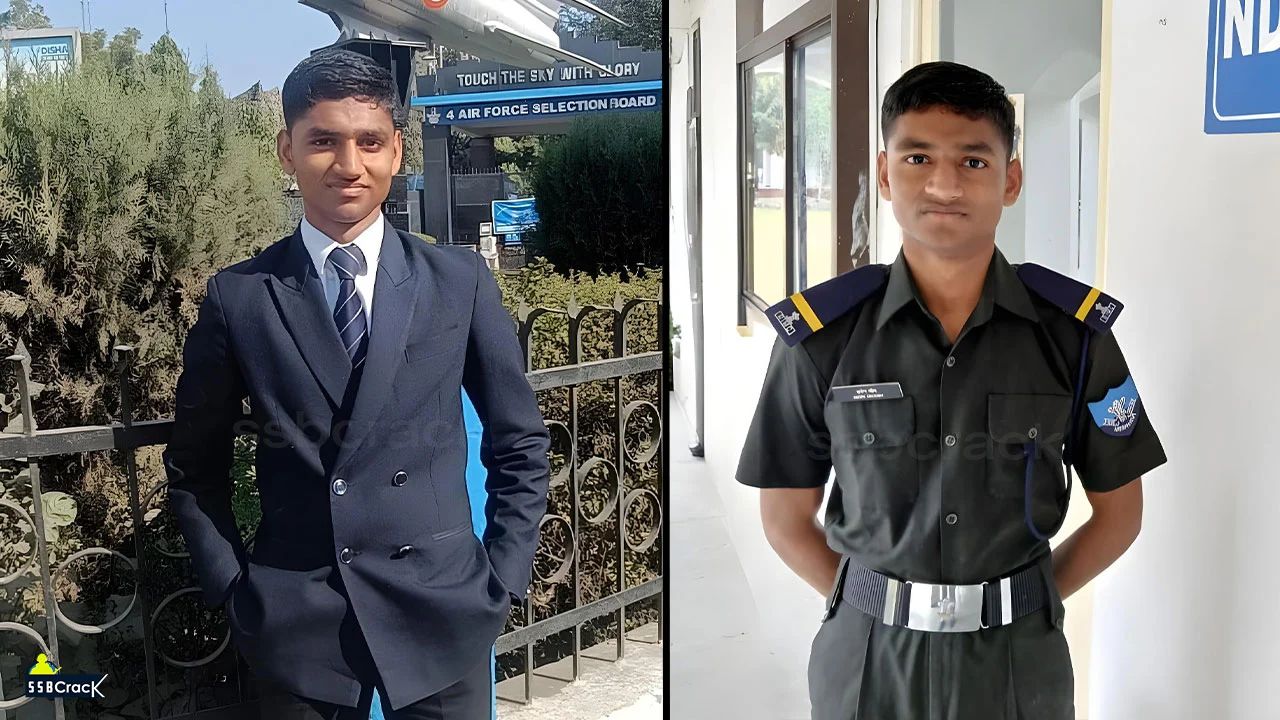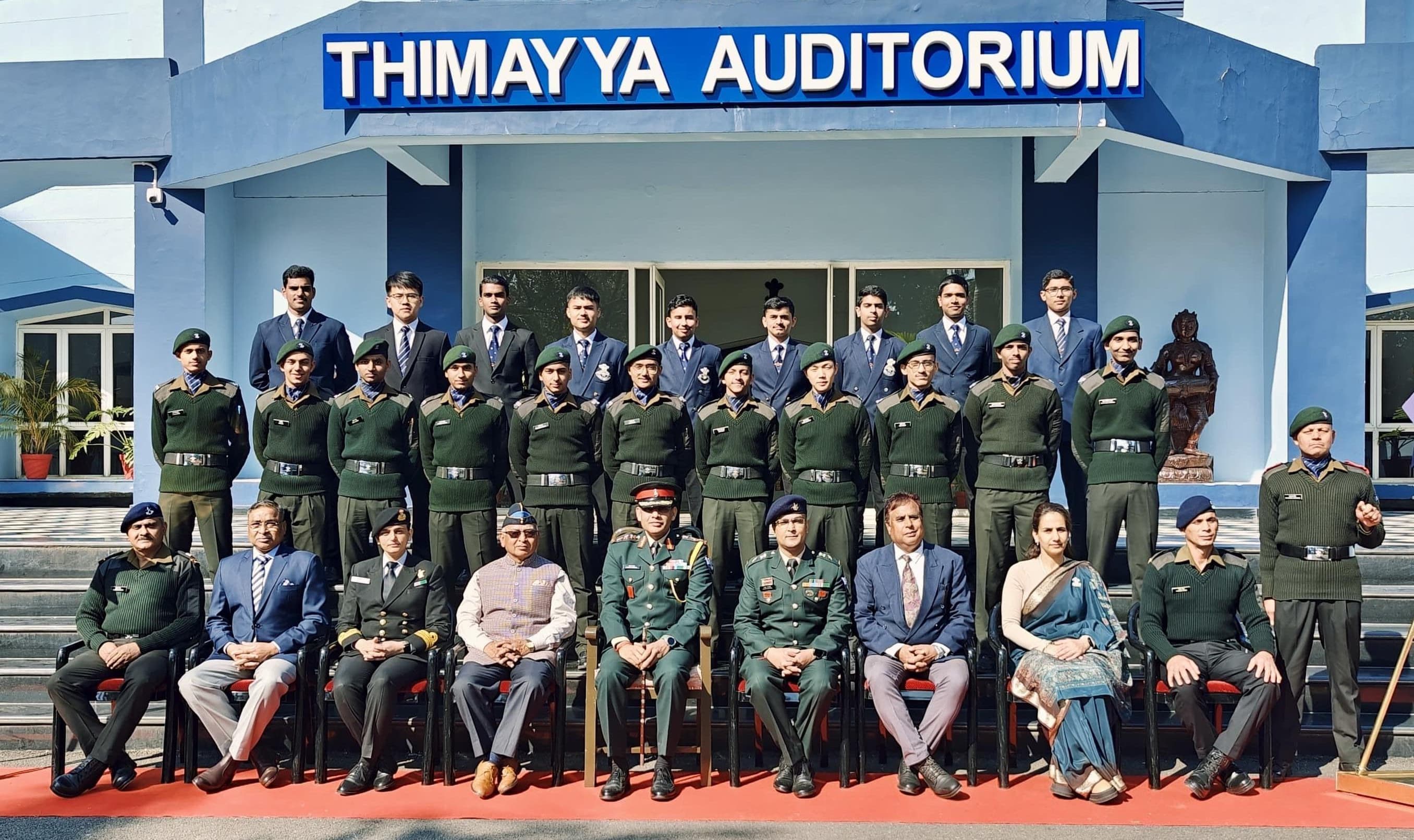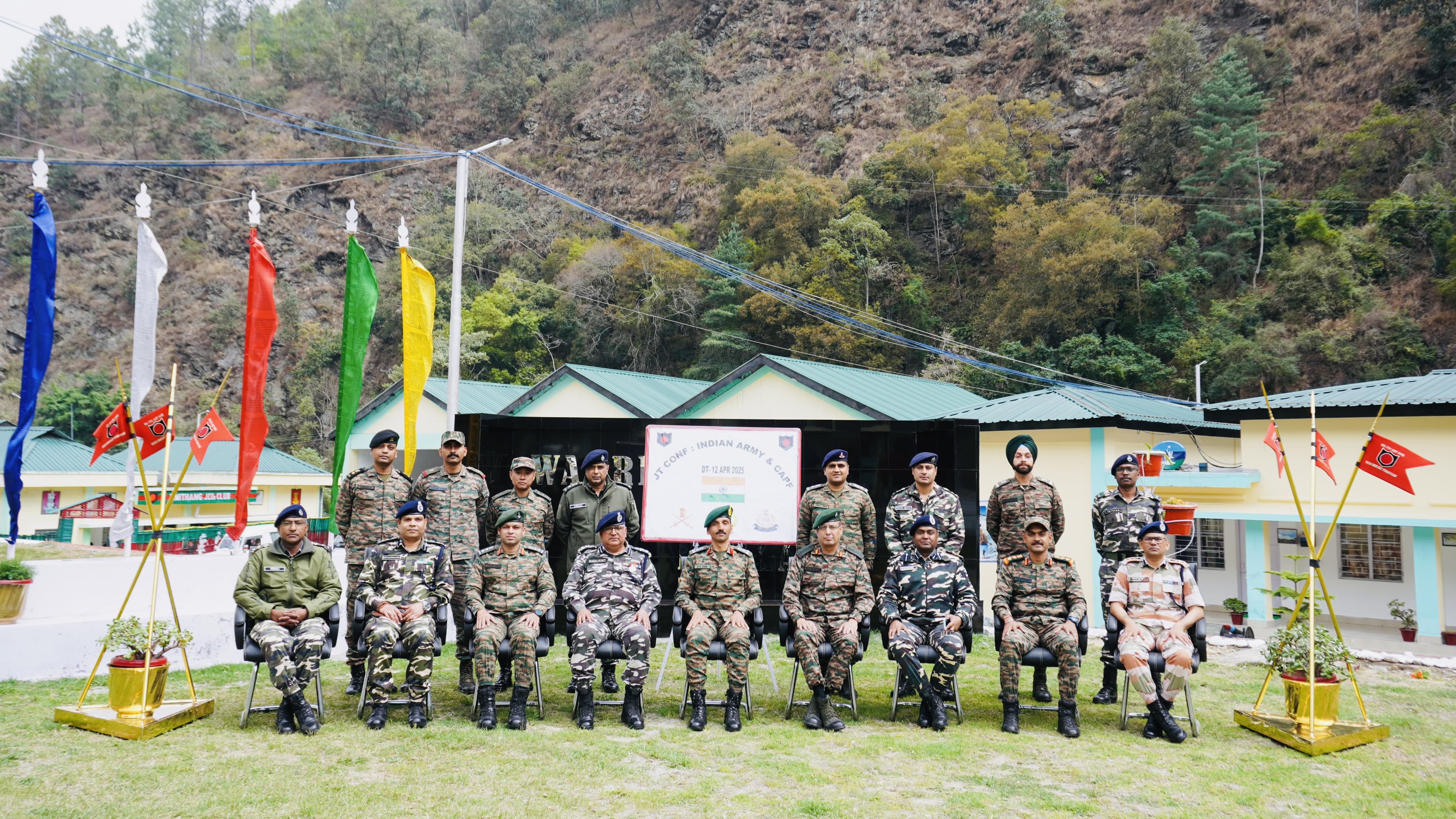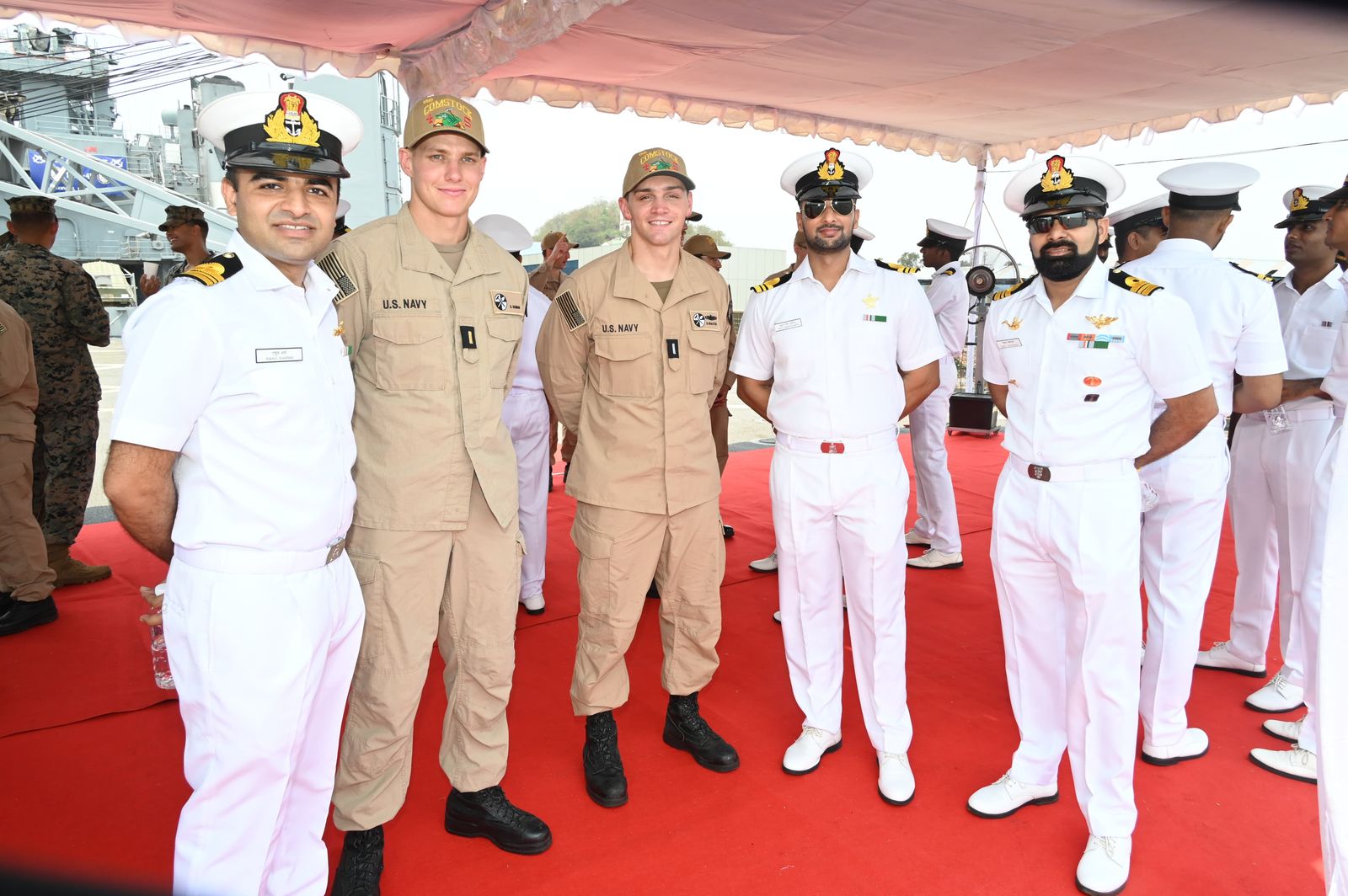Lt Gen Dhiraj Seth Reviews Advanced Training at Guards Regimental Centre in Kamptee
Lieutenant General Dhiraj Seth, General Officer Commanding-in-Chief of the Southern Command, visited the Guards Regimental Centre in Kamptee to evaluate…
NCC Cadets and ANOs Now Eligible for AC 3-Tier Train Travel for NCC Camps
The National Cadet Corps (NCC) has introduced a significant update to its travel policy, ensuring greater comfort for its cadets…
Meet Imon Ghosh RIMC Cadet Secures AIR-1 in NDA 2 2024
In a moment of immense pride for the Rashtriya Indian Military College (RIMC), Cadet Imon Ghosh, a Class 12 student…
28 Cadets from RIMC Qualify Final NDA Selections, Setting a New National Benchmark
In a historic milestone that underscores its unmatched legacy, the Rashtriya Indian Military College (RIMC), Dehradun has once again etched…
Indian Army and CAPF Host Joint Conference to Strengthen Border Management
The Ball of Fire Division of the Indian Army’s Gajraj Corps conducted a significant joint conference with the Central Armed…
Exercise Tiger Triumph 2025 Concludes in Visakhapatnam, Strengthening India-U.S. Military Ties
The 4th edition of the India-U.S. tri-service Humanitarian Assistance and Disaster Relief (HADR) exercise, Tiger Triumph 2025, concluded today with…

